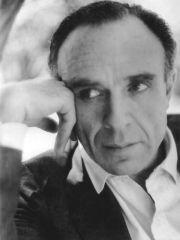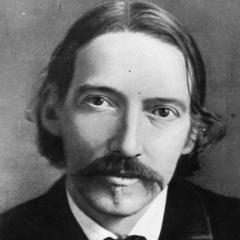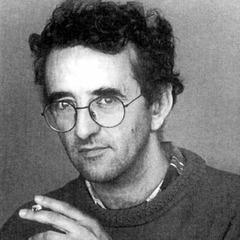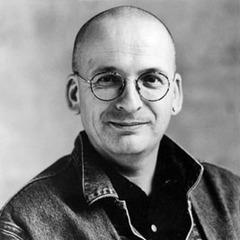Alberto Manguel Quotes
Quotes about:-
-
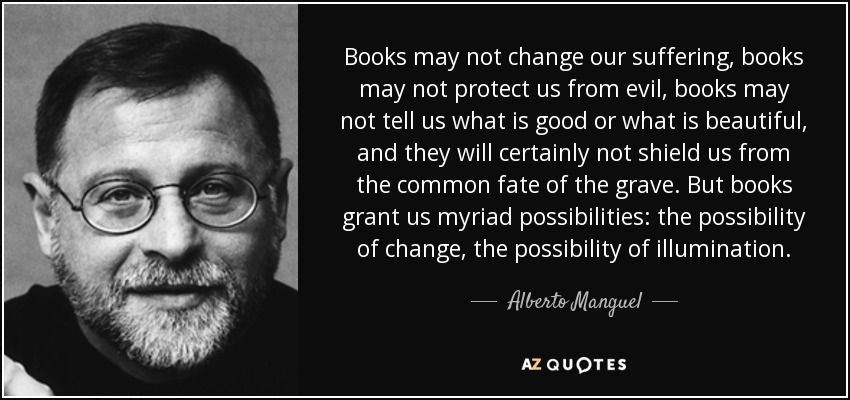 Books may not change our suffering, books may not protect us from evil, books may not tell us what is good or what is beautiful, and they will certainly not shield us from the common fate of the grave. But books grant us myriad possibilities: the possibility of change, the possibility of illumination.
Books may not change our suffering, books may not protect us from evil, books may not tell us what is good or what is beautiful, and they will certainly not shield us from the common fate of the grave. But books grant us myriad possibilities: the possibility of change, the possibility of illumination.
-

